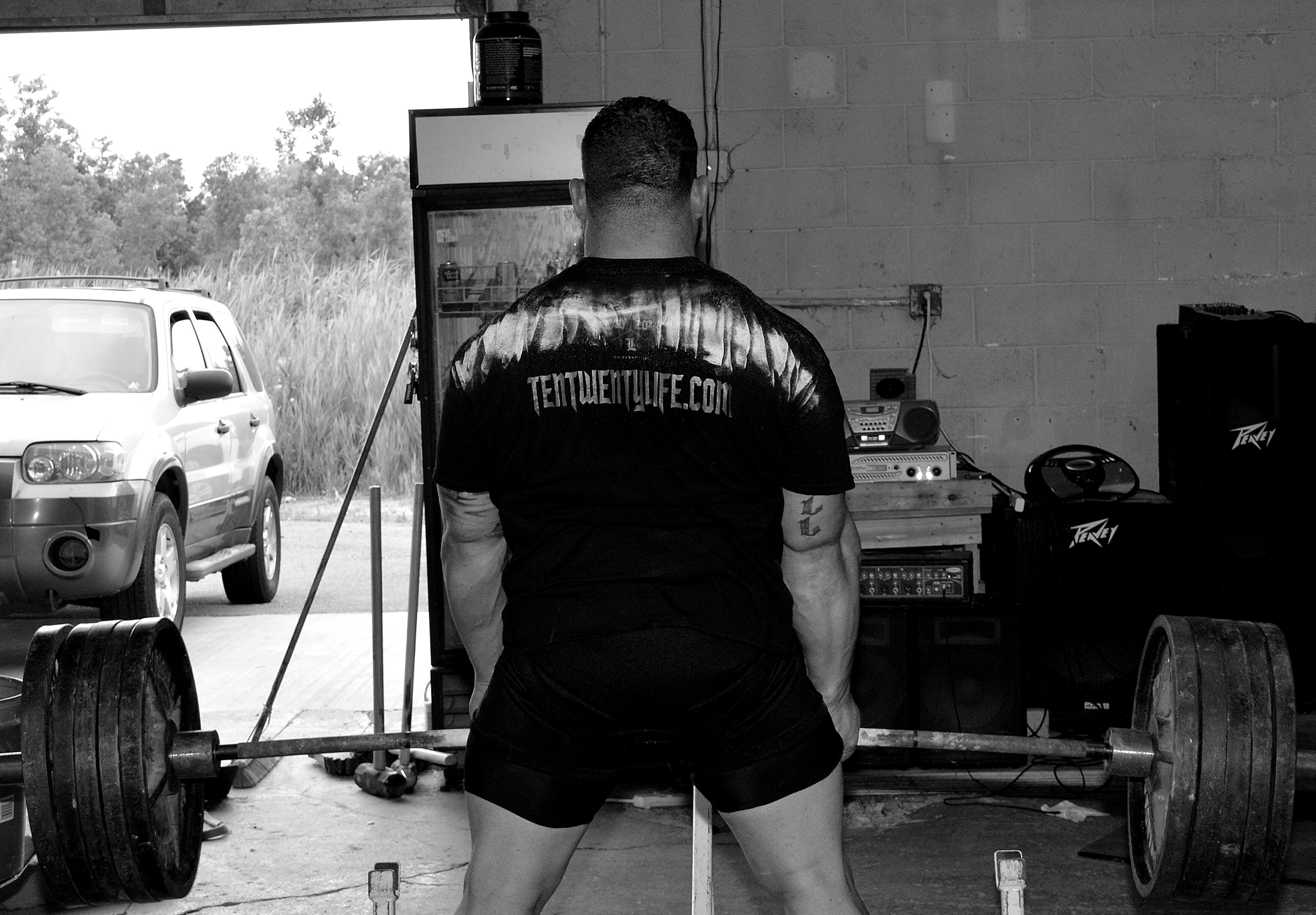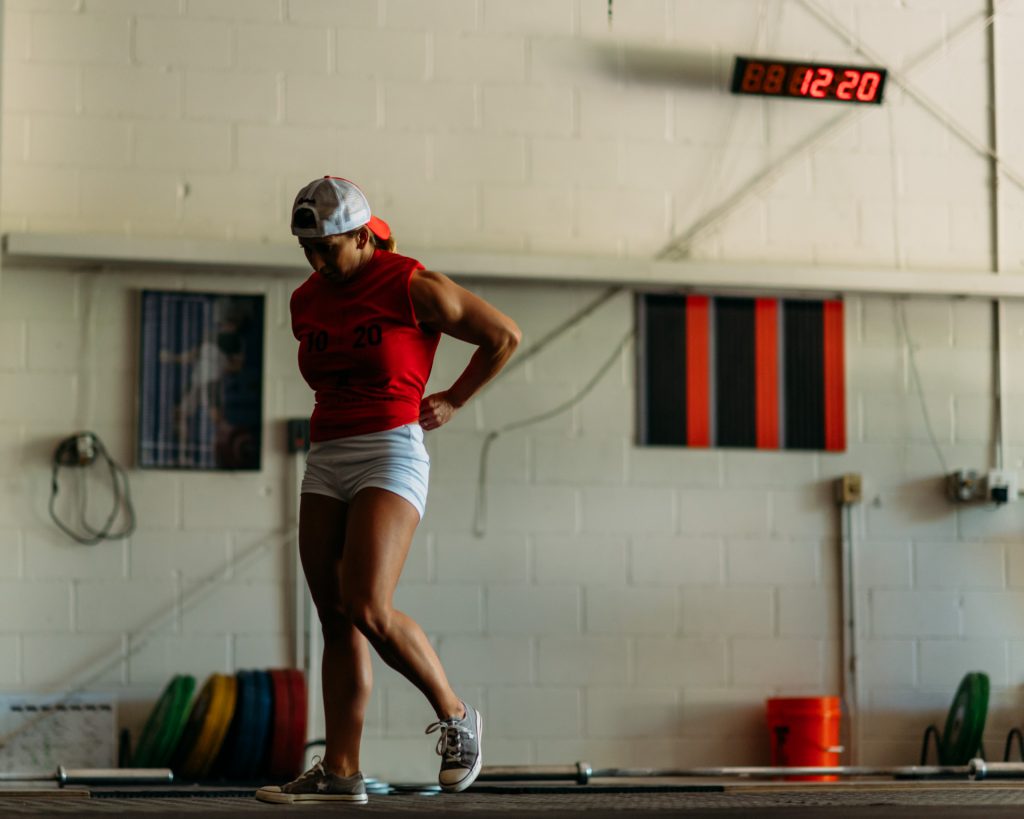
21 May Dealing With Post Competition Depression
By: Brian Carroll
Chances are, no matter how well your competition plays out, there is typically a lull or time period following a competition that is spent reflecting, regretting, accessing and then sometimes beating yourself up about certain factors that impacted your performance both good and bad.
This is totally normal in my experience as well as with many top athletes that I’ve known over the years. Some handle this better than others as I have been on both sides of the coin over the years. I can tell you this: it can be rough, especially when you don’t perform how you’re capable of.
I’ve come to the conclusion that no matter what happens (great to terrible) we always think things could have gone better or smoother. In Powerlifting, you could go 9/9 and PR on every lift and have regret that you didn’t go heavier and milk your total for a little bit more poundage. I’ve lived it.
Regardless, there will be a little bit of a letdown after a comp, especially when you put a lot into it and really prep hard for it. If you’re ready for this, you can prepare. Even if it goes great, you still have a bit of a void in your day to day life for at least a little while as you are not 100% locked in and focused on a certain goal. Without a goal in mind, you can drift a lot of different directions, especially mentally. This is why I always suggest everyone have a goal and then a plan for training no matter how big or small.
The competition is over and the endorphins and rush have worn off and the dust has settled. What does one do?
Typically, I’ll take a few weeks off and recover both mentally and physically. No bar on my back or heavy lifting for a bit. If the meet didn’t go well, I’ll start back earlier and not reward myself with as much time off and food etc. I’d suggest looking for another meet within the next month, as long as I’m 100% or as close to as possible. I’ve done this quite a few times over the years and it usually helps.
If my meet did go well, it could be a month before I start getting back after it. I’m still working on finding the right combination of enough time off after the meet to let your body recover but at the same time not too long that you get out of the habit of eating right and being healthy. I have veered to the wrong side of this many times, and this last Arnold was no exception. I got very lazy, fat and out of shape.
Here are 5 tips for you that have helped me and clients over the years
1. Don’t let yourself get too fat, deconditioned and or out of shape after. This can apply to bodybuilding, powerlifting, CrossFit and any other sport that requires you to maintain a certain level of fitness, strength, conditioning and athleticism. I’m talking to myself here as well. I totally support you partying and eating some good food to take a break and even celebrate, but don’t let it be a month long celebration. Don’t let yourself get too far off your protocol and schedule. It can take a lot longer to get back in the groove than you think if you stray for too long.
2. I’ve said this many times: don’t let your highs be too high and lows too low. Be as even keel as possible. Nobody likes a yo-yo including yourself; yes you can get sick of yourself. Know that being a little down after a big event comes with the territory and learn to expect it. Use this time to focus on the things that you’ve avoided or neglected in prep family, friends outside your sport and traveling etc. Sounds redundant but there is no such thing as doing too many things or participating in things you’ve blown off that you don’t’ want to do for your significant other.
3. Take the immediate down time to reflect and create a direct and concise plan going forward while everything is fresh in your mind. I usually advise not making any major decisions the week after a meet unless you have a bad outing and are planning to redeem yourself quickly. Obviously, if you have a terrible showing, it’s not ill advised to say, “I’m never doing that stupid shit again” if it’s reckless.
4. Look over and analyze what how you got to that ‘point’ in competition – what went the way you expected and what did not and how you got there. Make a list of what went the way you expected vs. what did not. Mistakes you made and adjustments needed going forward. If you had a bad outing, look to redeem yourself within the next month if your body cooperates. This is the best way to overcome a bad competition but if it’s too far away (2 months or more) make sure to plan properly and not push too hard right away.
5. Never make a major decision when dealing extreme emotion i.e. deciding to quit/retire or anything drastic with long term impact– either good or bad/highs and lows that come with a competition that you put in many hours and sacrifices in general. I’ve made some very bad decisions based on emotion when I was young and they were most of the time big mistakes that were created by myself and not being patient and thinking things through 100%. I’ve probably quit powerlifiting 100 times. We all know these emotions that we truly believe at the time are usually just temporary so don’t let yourself be tricked or fooled. Your mind can play some serious tricks on you when things are super fresh. You’ll know the right decision to make in time, no reason to rush it right away.
GET THE 10/20/LIFE EBOOK HERE!
Brian Carroll
Latest posts by Brian Carroll (see all)
- Quick Rant: Core Exercises - July 26, 2024
- Physical Therapy Fails for Back Pain - July 25, 2024
- Quick Rant: Physical Therapists - July 19, 2024







Sorry, the comment form is closed at this time.